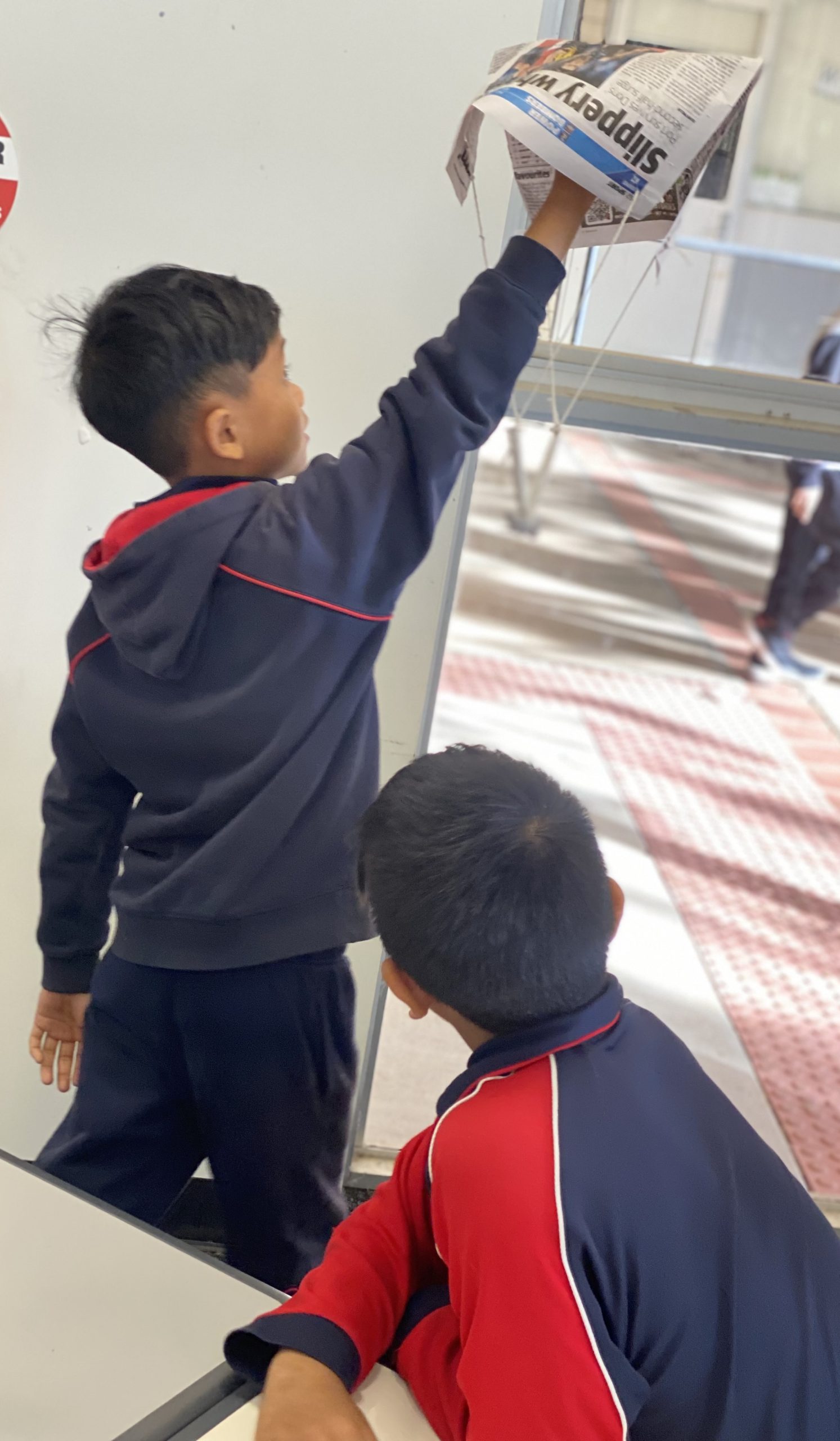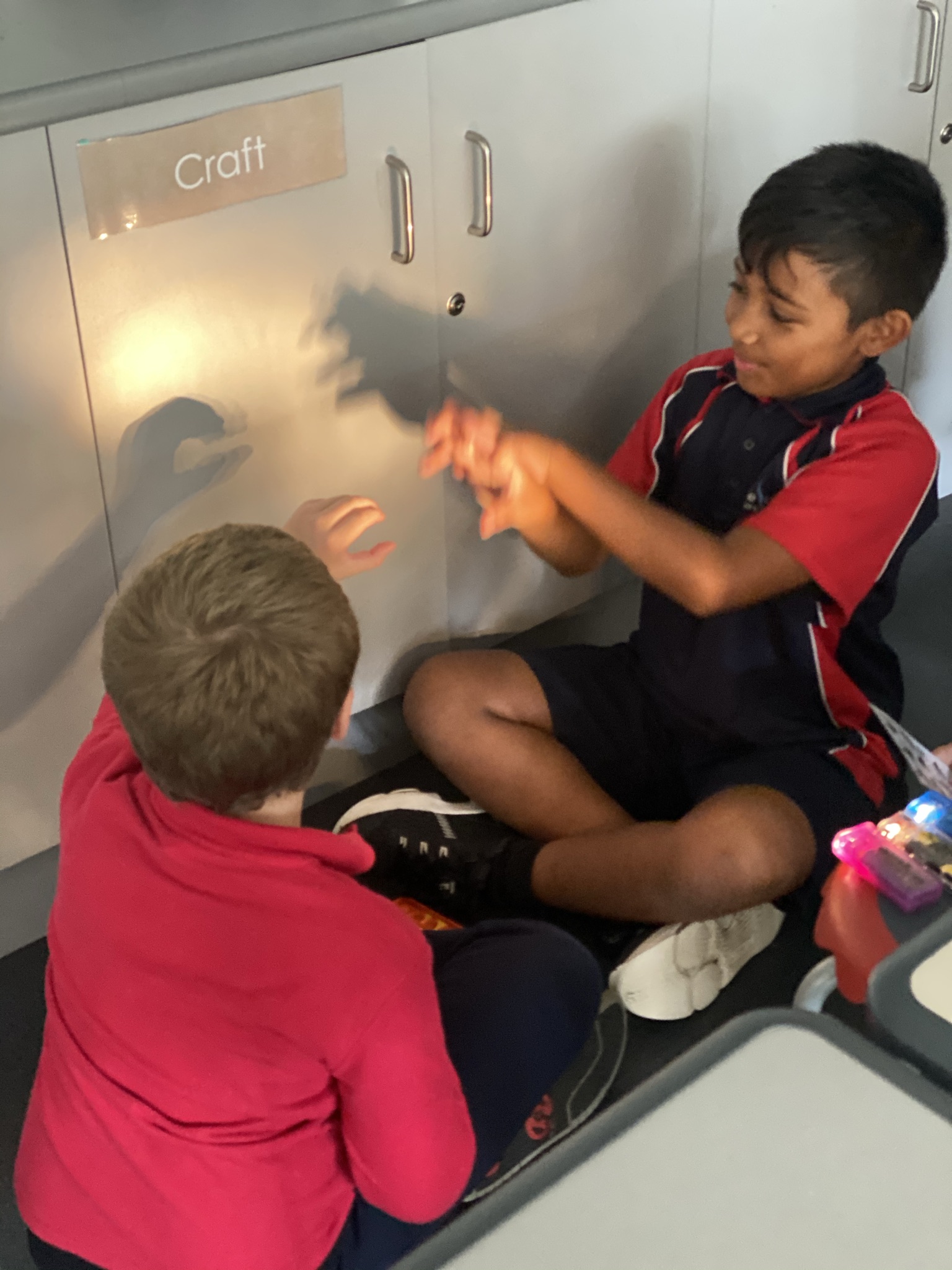Science
Science provides opportunities for students to develop an understanding of important science concepts and processes, the practices used to develop scientific knowledge, of science’s contribution to our culture and society, and its applications in our lives. The curriculum supports students to develop the scientific knowledge, understandings and skills to make informed decisions about local, national and global issues and to participate, if they so wish, in science-related careers.
At Ingle Farm Primary school, we focus on 4 main Sub Strands of science:
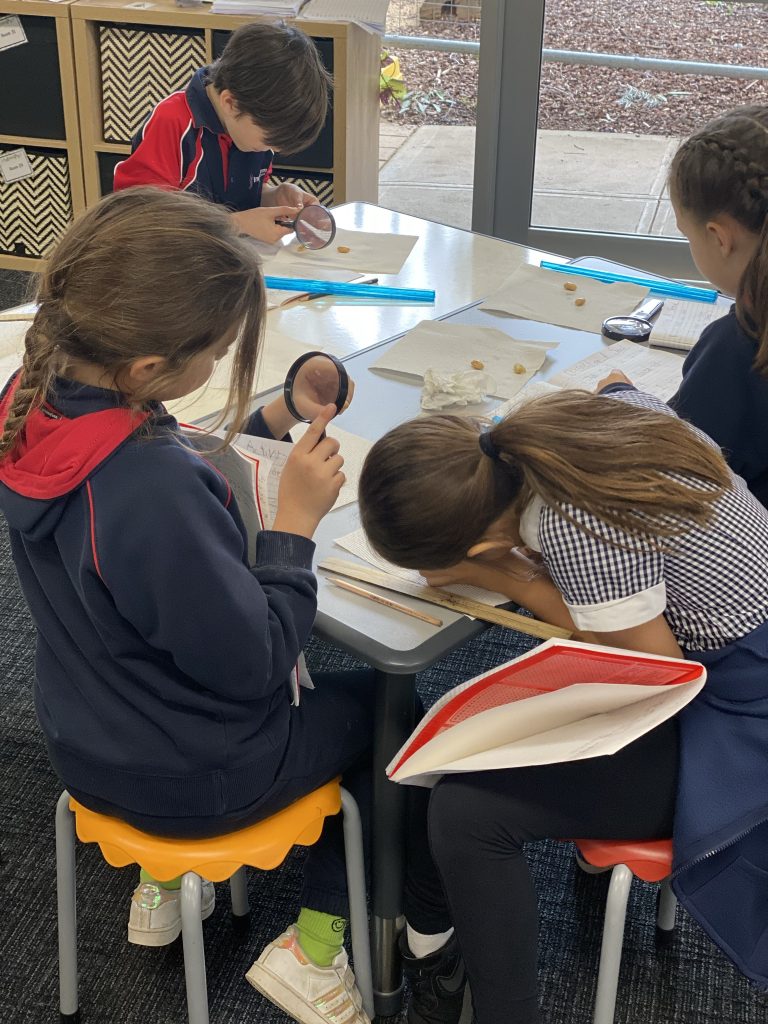
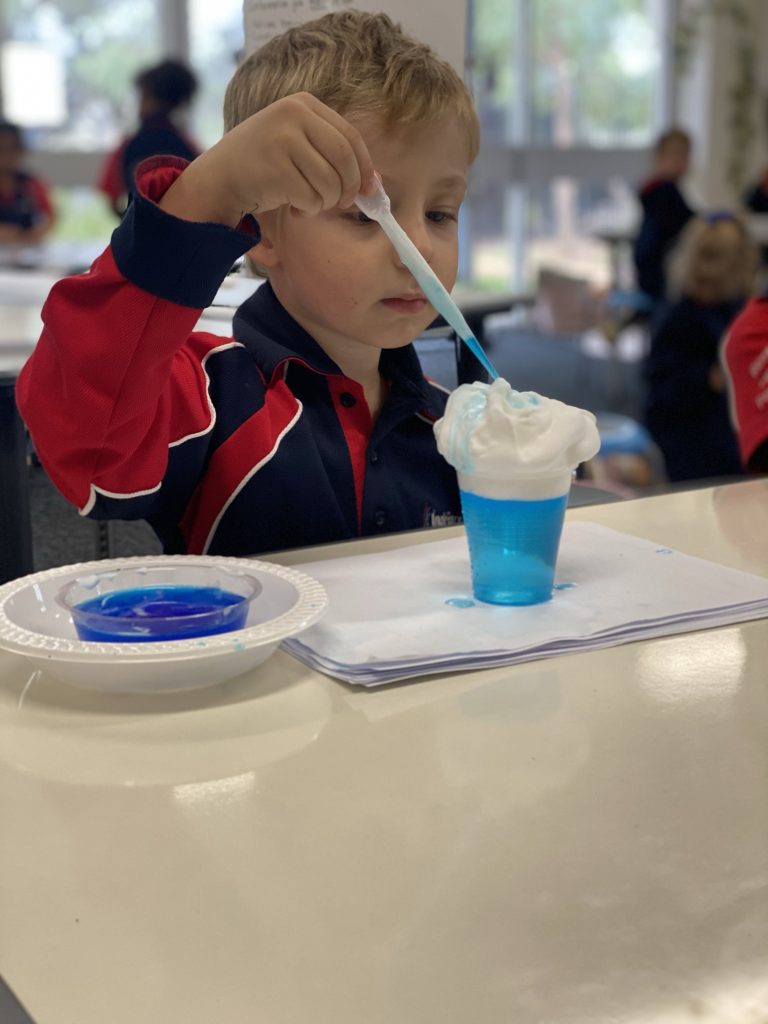
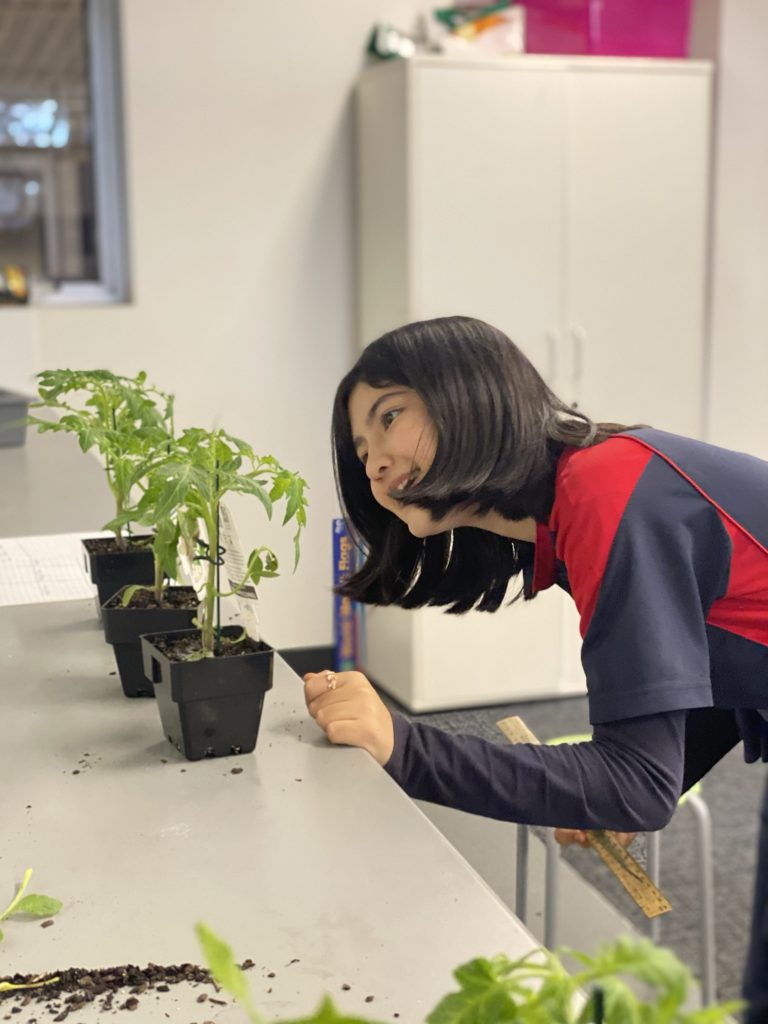
Biological sciences
The biological Science students gain understanding on all living things. Students investigate living things, including animals, plants and microorganisms, and their interdependence and interactions within ecosystems. They explore their life cycles, body systems, structural adaptations and behaviours, how these features aid survival, and how their characteristics are inherited from one generation to the next. Students are introduced to the cell as the basic unit of life and the processes that are central to its function.
Chemical sciences
The chemical Sciences focuses on understanding the composition and behaviour of substances. Students classify substances based on their properties, such as solids, liquids and gases, or their composition, such as elements, compounds and mixtures. They explore physical changes such as changes of state and dissolving and investigate how chemical reactions result in the production of new substances. Students recognise that all substances consist of atoms which can combine to form molecules, and chemical reactions involve atoms being rearranged and recombined to form new substances. They explore the relationship between the way in which atoms are arranged and the properties of substances, and the effect of energy transfers on these arrangements.
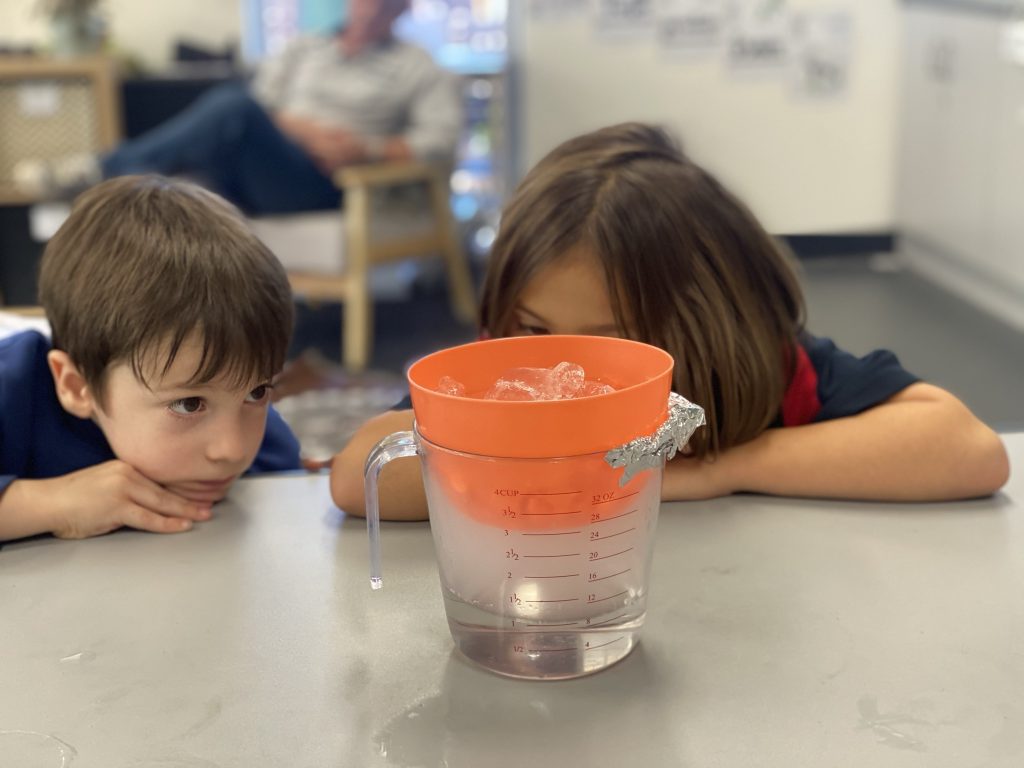
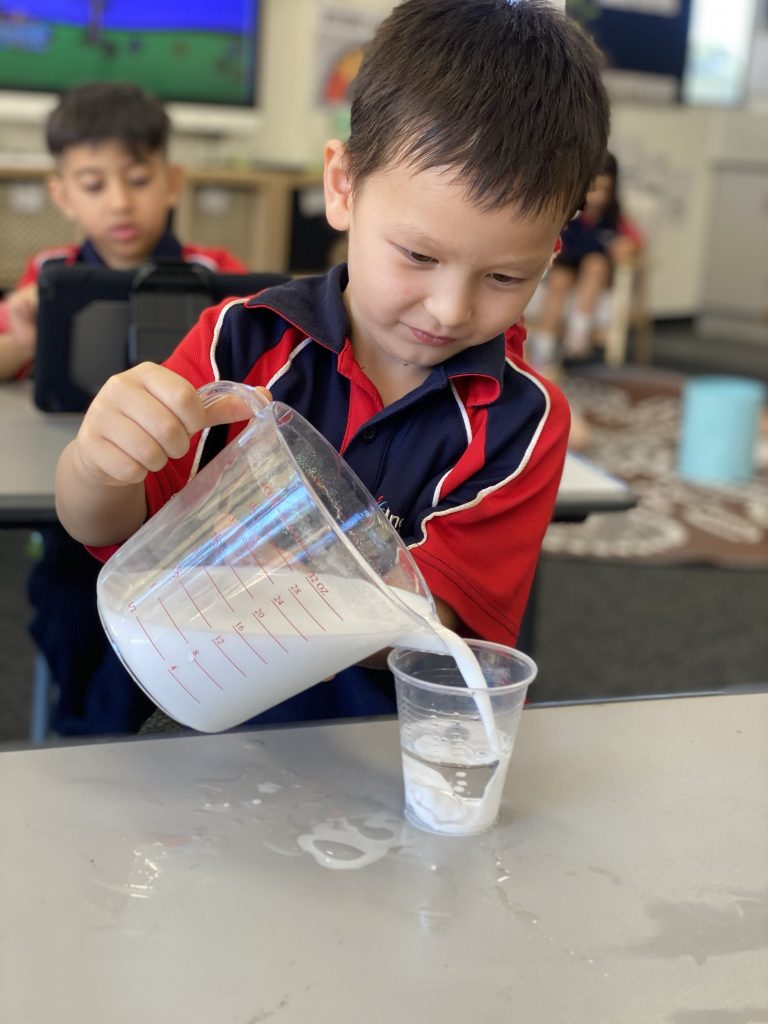
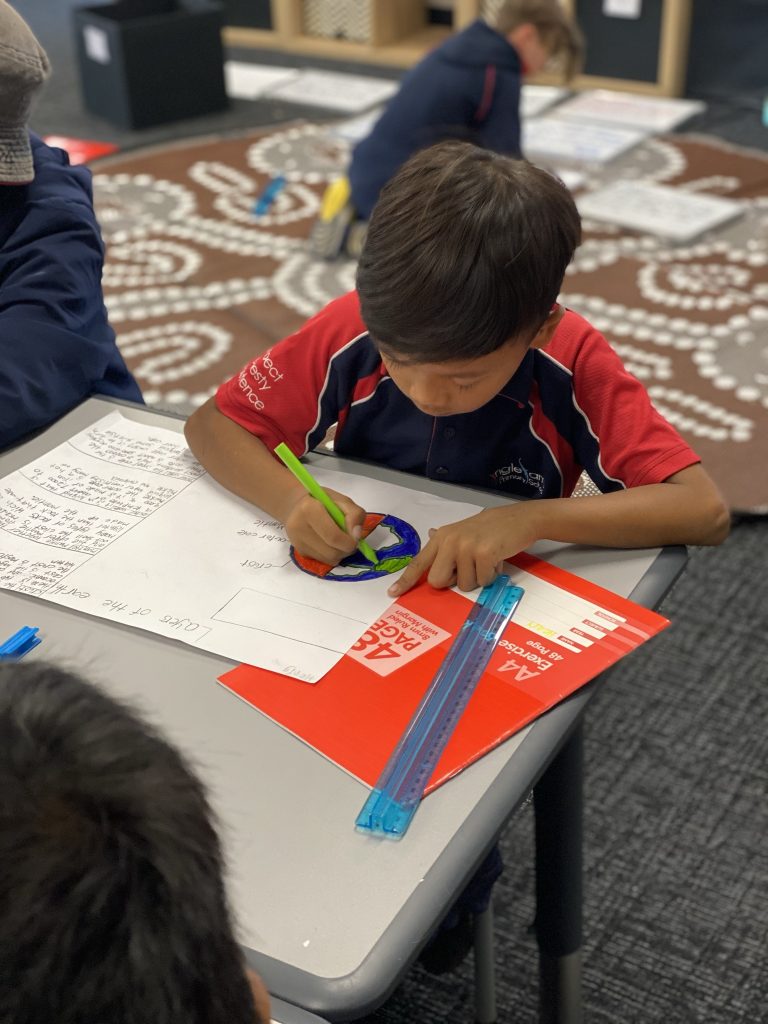
Earth and space sciences
The earth and space sciences explore Earth’s dynamic structure and its place in the cosmos. Students view Earth as part of a solar system, which is part of a galaxy, which is one of many in the universe, and explore the immense scales associated with space. They explore how changes on Earth, such as day and night and the seasons, relate to Earth’s rotation and its orbit around the sun. Students investigate the processes that result in change to Earth’s surface, recognising that Earth has evolved over 4.5 billion years and that the effect of some of these processes is only evident when viewed over extremely long timescales. They explore the ways in which humans use resources from Earth and appreciate the influence of human activity on the surface of Earth and its atmosphere.
Physical sciences
The physical sciences students understand the nature of forces and motion, and matter and energy. Students gain an understanding of how an object’s motion (direction, speed and acceleration) is influenced by a range of contact and non-contact forces such as friction, magnetism, gravity and electrostatic forces. They develop an understanding of the concept of energy and how energy transfer is associated with phenomena involving motion, heat, sound, light and electricity. They appreciate that concepts of force, motion, matter and energy apply to systems ranging in scale from atoms to the universe itself.
